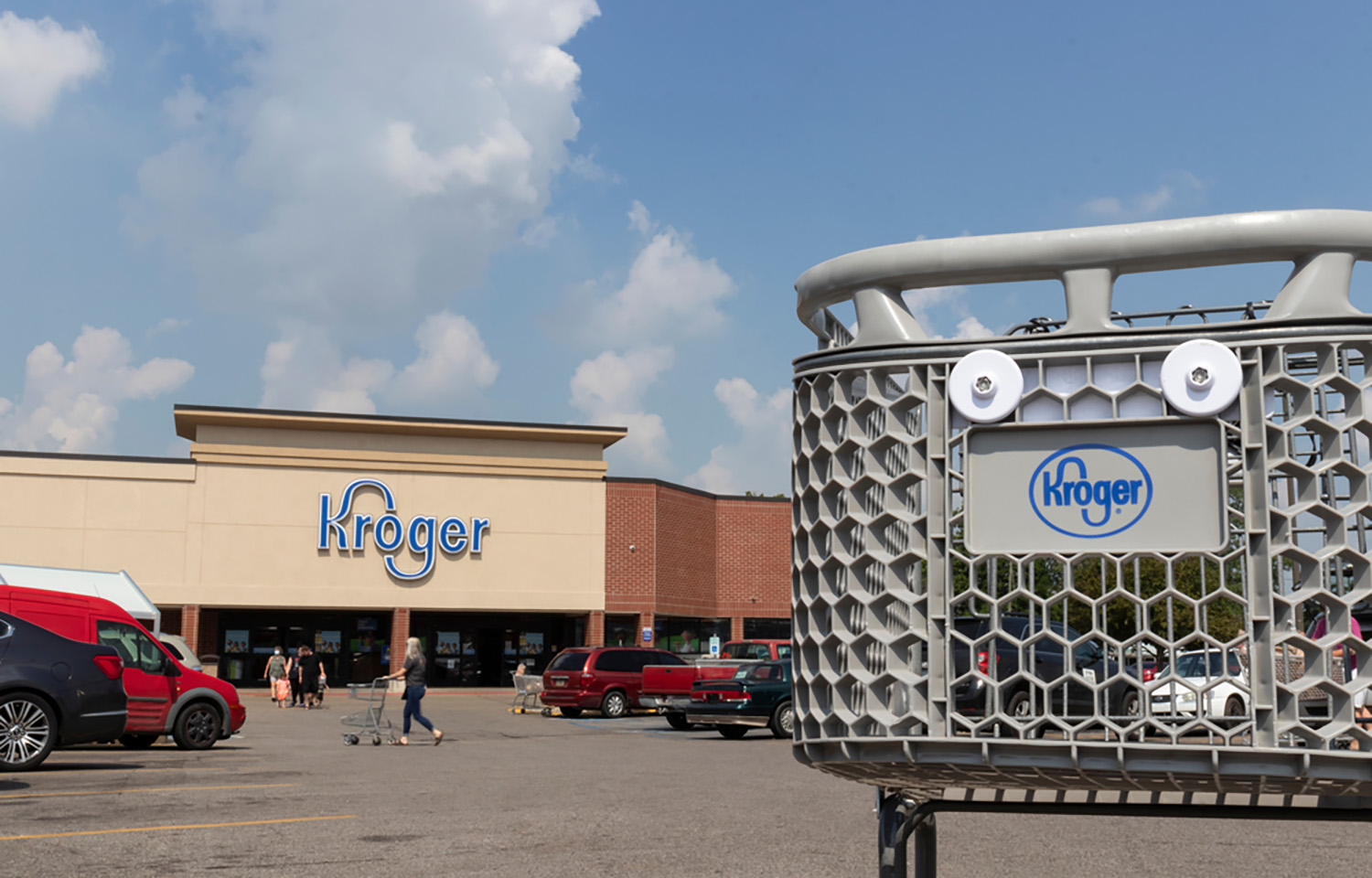U.S. supermarket chains Kroger and Albertsons have released a list of distribution centers, plants, and stores that they would divest to C&S Wholesale Grocers if a proposed merger goes through, even as litigation to block the merger continues.
According to the list, 124 stores will be divested in the state of Washington, followed by 101 in Arizona, 91 in Colorado, and 63 in California. Additional states where Albertsons and Krogers will divest stores include Oregon, where 62 stores would be divested; 35 in IIllinois; 28 in Texas; 18 in Alaska, 16 in Nevada; 10 in Idaho; nine in New Mexico; five in Wyoming; four in both Maryland and Utah; three in Virginia; two in both Louisiana and Montana; and one store in both Delaware and Washington D.C.
Two distribution centers in Denver, Colorado, would also be divested, along with one in Phoenix, Arizona, one in Tolleson, Arizona, one in Washington, and one in Utah. Additionally, the company's would also divest from a Denver Dairy Plant in Colorado.
Kroger and Albertsons continue to push forward with the merger, but major legal cases threaten to block the action, which experts believe would be detrimental for the seafood industry and American consumers as a whole.
“Food prices are higher than ever before, and 40 million Americans live in areas with low incomes and limited access to healthy, affordable food,” Center for Science in the Public Interest President and Executive Director Peter Lurie said. “The proposed merger of Kroger and Albertsons will likely mean higher prices, fewer stores, and less competition. It might be a good move for executives and shareholders, but the merger would be an economic blow to Americans, especially those whose jobs would be lost post-merger.”
Besides experts denouncing the merger, state governments are also opposing the deal. The state of Washington is looking into paying up to USD 6 million (EUR 5.5 million) to an external law firm that would handle the state’s lawsuit against the proposed merger, per The Seattle Times. That amount is double what was previously authorized to pay the law firm and around one-quarter of the state’s total antitrust budget for the 2023-25 period, according to the Times.
The state contends that the merger would raise grocery prices for consumers in areas where Kroger, which also owns QFC and Fred Meyer stores, and Albertsons, which owns Safeway stores, both have a heavy presence.
The Federal Trade Commission filed a similar lawsuit, as did the state of Colorado. A federal judge recently allowed Colorado’s lawsuit attempting to block the merger to proceed, even though Kroger filed a motion to dismiss the case.








